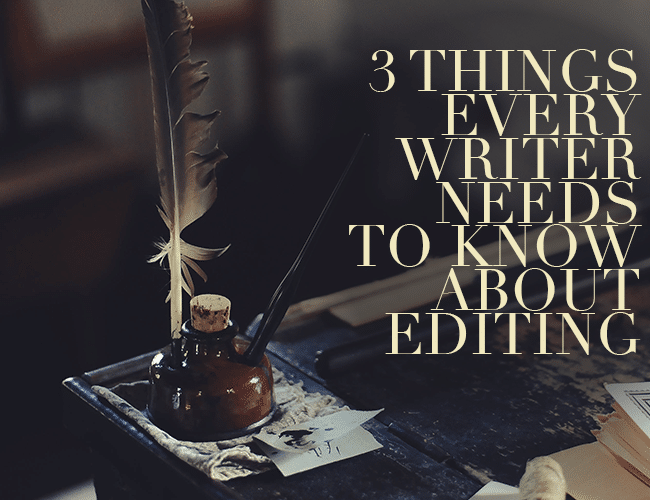
by Jeff Elkins |
In the short time that I’ve been a writer, I’ve learned a valuable secret that we writers don’t discuss often: a writer is only as good as his or her editors.
Receiving feedback and accepting criticism and edits isn’t easy. No one likes being told what they are doing wrong, especially when the thing being criticized is something we’ve poured our heart and soul into it. When I first started writing, I hated getting edits. Now I pursue edits and editors with vigor.
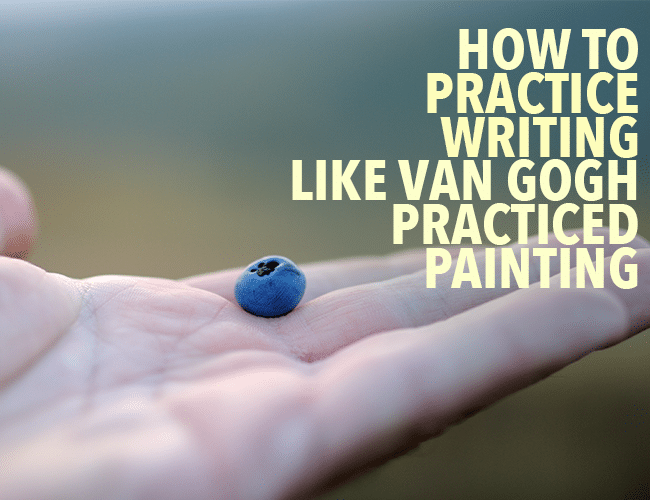
by Jeff Elkins |
Sometimes writing can feel like a race. We rush to finish the next manuscript or the next novel or the next short story. We try to be factories that churn out narratives that will sell. We jump from one project to the next because we’ve been told consumers demand a constant flow of new things to devour.
This race can be exhausting and discouraging. In the midst of it, we can lose sight of the fact that writing, like any art, is a craft that needs to be practiced to be perfected. There is value in slowing down, taking a break from larger works, and practicing small things.
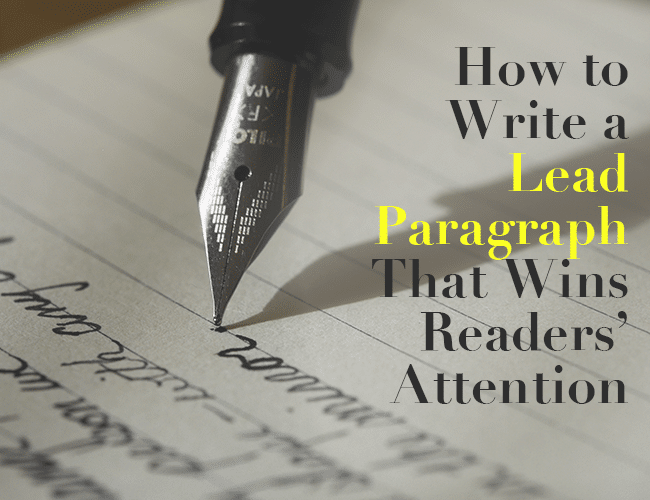
by Jeff Elkins |
You’ve spent countless hours pondering the plot, creating the characters’ voices, and building the perfect twist at the end that will leave readers speechless. Once everything is as good as you can make it, you publish your writing and wait. . . .
But no one reads your masterpiece.
Unfortunately, in our content-saturated age, if you don’t grab people by the throat, pull them in close, and yell, “Pay attention to me!” with your first paragraph, they won’t stick around to read the amazing story you’ve crafted. Here’s how to write an opening paragraph that will draw your readers in and keep them reading to the end.
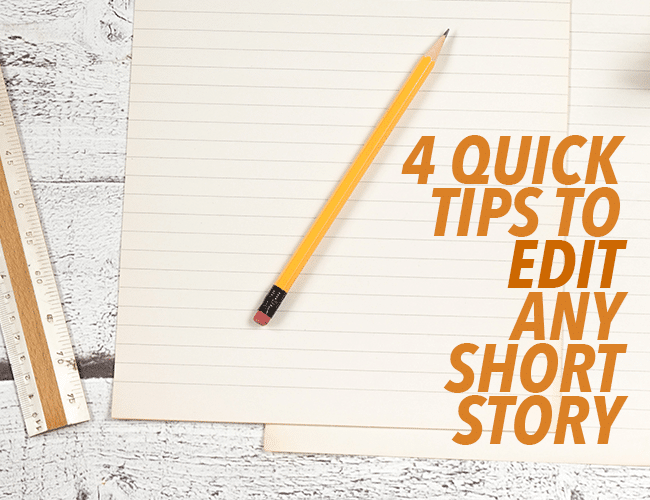
by Jeff Elkins |
As attention spans grow shorter, there is an increased demand for shorter stories.
I’ve noticed recently a lot of contests and submissions calling for stories under 3000 words. Writing a story this short is different than writing a novel or even a 10,000-word story. We need to get into the story, make a connection with the reader, and then wrap it up without wasting any time. It can feel strange for those of us used to writing larger pieces.
When you’re writing a very short story, editing is crucial.
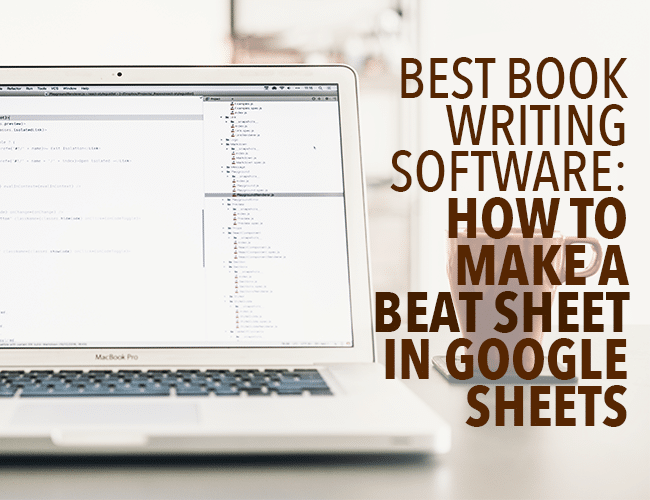
by Jeff Elkins |
Recently, I shared why Microsoft Excel and Google Docs are some of my favorite pieces of book writing software. Spreadsheets might seem like odd resources for a writer, but I’ve found them to be invaluable tools for planning my stories.
I use spreadsheets to plan my stories in several ways. Today, though, I’m going to focus on just one: creating a beat sheet to outline a story before I write.







